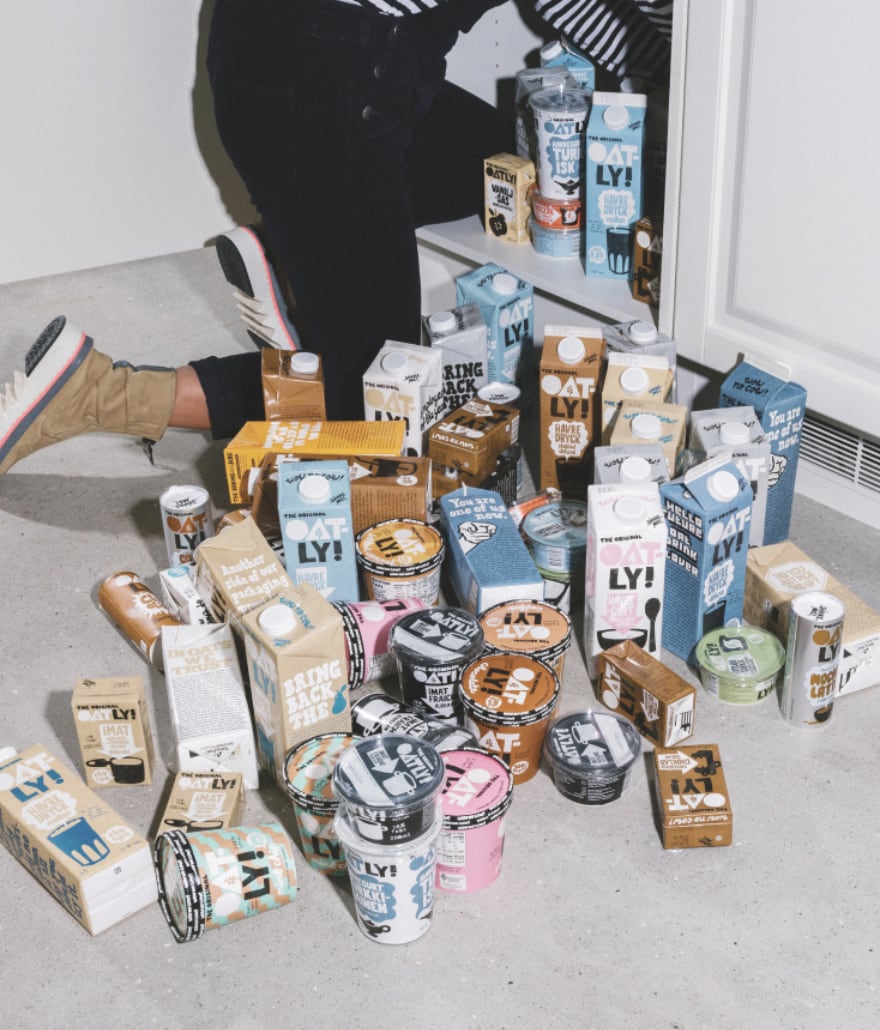Oatly, the Swedish oat milk company, just filed paperwork yesterday (2021−04−19) to go public. They’re a pretty progressive and sustainably minded company so they are upfront about climate change as one of the risk factors for their business. It’s a nice mix of shocking and appreciative to see the words laid out in a regulatory filing after the lawyers and finance wonks have finely crafted the verbiage.
Additionally, the oats from which our products are sourced are vulnerable to adverse weather conditions and natural disasters, such as floods, droughts, frosts, earthquakes, hurricanes, pestilence and other shortages and disease, which can adversely impact quantity and quality, leading to reduced oat yields and quality, which in turn could reduce the available supply of, or increase the price of, our raw materials. The monocultures that we use are also sensitive to diseases, pests, insects and other external forces, which could pose either short term effects, such as result in a bad harvest one year, or long term effects, which could require new oat varieties to be grown. […]
There is also the concern that carbon dioxide and other greenhouse gases in the atmosphere may have an adverse impact on global temperatures, weather patterns and the frequency and severity of extreme weather and natural disasters. If such climate change has a negative effect on agricultural productivity, we may be subject to decreased availability or less favorable pricing for oats and other raw materials that are necessary for our products. Due to climate change, we may also be subjected to decreased availability of water, deteriorated quality of water or less favorable pricing for water, which could adversely impact our manufacturing and distribution operations.
Oatly F‑1 Statement
In fact, the Securities and Exchange Commission is welcoming public input on whether climate change disclosures are informative enough and how regulations might force companies to address environmental impacts in their official communications. Apparently, investor demand about climate change has “grown dramatically” since the SEC last looked at in 2010. Gee, I wonder why?
Also, shout-out for the F‑1 name dropping industrial agriculture’s reliance on monocultures as posing both short and long term risks to food production.

(via the verge)